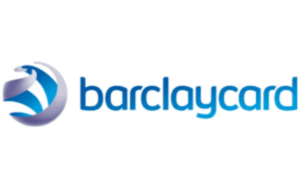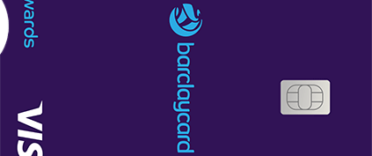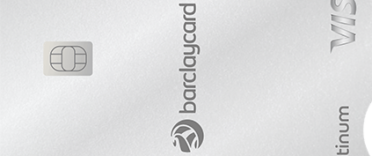
On the face of it, the change could be seen as a positive for cardholders, as those who are set up to automatically pay the minimum amount will pay less each month. However, reducing the amount you pay towards clearing a debt means it will take much longer to pay off what you owe. Even small changes to a minimum payment can add years to a repayment period.
What is a minimum payment?
When you set up an automatic payment for your credit card, you will see a few different options. One will be to pay the full amount, another will be to pay a fixed amount and a third will be to pay the minimum amount.
The minimum payment on a credit card is the least amount of money that can be paid off in each billing period. Anything less would lead to a penalty fee from your lender and a mark on your credit file. The minimum payment is calculated as a percentage of your outstanding balance, plus interest, or a flat amount, whichever is greater. For example, the new minimum amount for Barclaycard customers is the highest of 1% of their balance plus interest charges or £5. This means that someone with an outstanding balance plus interest of £400 would have a minimum payment of £5, as 1% of £400 is £4 – below the minimum amount.
It is important to remember that while the minimum amount is the lowest payment you have to make, it is not an efficient way to pay off credit card debt. You will clear your balance much more quickly by paying a fixed amount. This is because the minimum payment decreases as your debt goes down.
What does the change mean for Barclaycard customers?
Barclaycard customers who choose to pay the minimum each month will now be paying less towards their debt. The change to minimum repayments means that some Barclaycard customers could be in debt for longer and may also end up paying more in interest. The less money you pay towards your debt, the longer it will take to clear that debt and the more interest you will pay.
You can see from the table below how the calculation that was previously applied to most Barclaycard bills meant paying much less interest compared to the new system. This is based on a £1,000 card balance charging 24.9% interest.
| Time to clear debt | Total interest paid | |
| Current minimum calculation | 116 months | £699 |
| New minimum calculation (from 23rd July 2024) | 231 months | £1,665 |
You can see that the new system means an additional 110 months (almost ten years) of repayments and £966 more in interest.
Should you pay more than the minimum payment?
The key to avoiding spending up to a decade or more repaying your credit card balance is to pay more than the minimum payment each month. Paying at least the initial minimum payment amount every single month as a fixed payment – rather than allowing the minimum payment to reduce as your debt is paid off – ensures you save money, time and stress.
Here is an example of how paying more than the minimum can drastically change the length of time it takes to clear your balance and the amount of interest you pay overall.
With an outstanding balance of £1,000 and an interest rate of 24.9%, your minimum payment – calculated as the higher of 3.75% plus interest or £5 – would start at £37.50. This minimum would go down as you paid off your balance over time, but clearing your card entirely would take over 11 years. You can see from the table below how sticking with that initial amount – or even increasing it slightly based on what you can afford – will transform your repayment journey.
| Monthly repayment | Time to clear balance | Total interest |
| Minimum (higher of 3.75% of balance, or £5) | 11 years, 8 months | £884 |
| £37.50 | 3 years, 2 months | £397 |
| £40 | 2 years, 11 months | £361 |
| £50 | 2 year, 2 months | £264 |
| £100 | 1 year | £117 |
The table shows that keeping up that £37.50 payment instead of the minimum payment would save you years of repayments and halve the amount of interest you pay. If you were able to stretch to £100 a month, you could even clear your balance in a year, over a decade faster than sticking with the minimum payment.
It is important to note that these calculations are based on the presumption that the balance of your credit card would not increase through more spending.
We explain more about minimum payments in our article ‘What is the minimum payment on a credit card?’.
If you would like to avoid paying interest altogether, your best option would be to clear the balance before the end of the billing period or consider a 0% purchase credit card. If you can clear the balance within the offer period on a 0% card, there will be no interest to pay. You can find the best options in our article ‘Compare the Best 0% purchase credit cards’.




